History echoes down the hallways of our tomorrows— “Those that fail to learn from history are doomed to repeat it.” Winston Churchill said these famous words in a 1948 speech to the House of Commons. He sent out this dire warning to the world—he knew what he was talking about because he had lived it.
Upon the heels of brutal World War II, it was Hitler’s diabolical plan to establish a one-world government. Hitler had his Nazis burn any Bibles and books which did not comply with the standards of his new doctrine. His plan was to stamp out the history he didn’t want school-age youths to know. A plan that would indoctrinate the next generation to conform to his Marxist beliefs.
On June 8, 1949, George Orwell’s Nineteen Eighty-four science fiction novel was published. “Who controls the past controls the future: who controls the present controls the past.” This quote from the book is etched in the memory of those who have read this book and its dire consequences. More will be said about this in April’s blog.
Unaware was the free world as to what was coming upon them next. The evil tyranny of socialism was at work before anyone could draw a breath or a wink of rest. In Churchill’s words, “Socialism is a philosophy of failure, the creed of ignorance, and the gospel of envy, its inherent virtue is the equal sharing of misery.”
Man has always been obsessed with reworking history in hopes of forming a diabolical future. Churchill reminded the House of Commons about this saying from George Santayana’s book, The Life of Reason, 1905, from the series Great Ideas of Western Man. “Those who do not remember the past are condemned to repeat it.”
Churchill had lived in that past and probably would have liked to do away with fragments of his past which sunk him into a depression he labeled his “black dog.” But, instead, he learned from his mistakes. He once said, “We shall draw from the heart of suffering itself the means of inspiration and survival.”
He understood what it felt like to be lonely, ridiculed because of his insufficient grades, and ignored by his fellow students—and constituents in the House of Commons. And although he felt ignored even by his parents—he rose to unimaginable heights of glory. He is fondly known as the Brit’s British Bulldog! He’s an ordinary everyday hero to the people who knew him best. One of his pet sayings was, “If you’re going through hell, keep going.”
Churchill was born on November 30, 1874, at Blenheim Palace in Oxfordshire, England. He grew up in Dublin, Ireland. During his youth, he was a rebellious and staunchly independent student, much like those Irishmen he rubbed elbows with.
Though he hadn’t been born early enough to see the Great Potato Famine which drove thousands of fellow Irishmen to America (as told in my novel Swept into Destiny), he was old enough to watch the Irish Brigade marching down the streets of Dublin. America’s Irish Brigades marched into the Civil War, with Irishmen joining both the North and South.
Because of Churchill’s independent nature, he performed badly at his first two schools. In fact, he said at one point in his life, “Never give in—never, never, never, never, in nothing great or small, large or petty, never give in except to convictions of honor and good sense.”
In 1888 he decided to attend Harrow, a boarding school near London. His grades were not high enough for him to attempt entrance to Oxford or Cambridge.
In 1893, he joined the Harrow Rifle Corps. It took him three tries to pass the exam for the British Royal Military College Sandhurst. Once he was in, he did well and graduated 20th in his class of 130. Churchill adored his mother and would often write her, begging her to visit him at school. She seldom did.
His mother was Jeanette “Jennie” Jerome, an American heiress, and a New York socialite. Back in the 1800s, rich American girls who married European noblemen were known as “dollar princesses.”
Sadly, his relationship with his mother and father was strained and distant. Churchill was a young man of twenty-one when his father died.
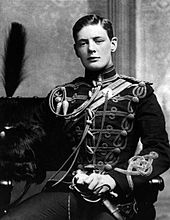
Lord Randolph Churchill, his father, was descended from the First Duke of Marlborough and was a well-known figure in Tory politics in the 1870s and 1880s. It appears Churchill knew his father more by reputation than by any close relationship.
After leaving college, Churchill traveled around the British Empire as a soldier and journalist. Then in 1896, he left for India. He had his first book published in 1898 that talked about his experiences in India’s Northwest Frontier Province. The same year Theodore Roosevelt led the American Rough Riders to victory during the Spanish-American War, as told in Destiny’s Whirlwind.
Churchill got his big break in 1899 when the London Morning Post sent him out to cover the Boer War in South Africa. Almost as soon as he landed, he was captured by enemy soldiers. He made a daring escape and became a small celebrity practically overnight. Returning to England in 1900, Churchill, now twenty-six, had published five books. He joined the House of Commons as a Conservative and ping-ponged for four years, crossing the chamber and becoming a Liberal.
Churchill grew in popularity with the working class. He pushed for an eight-hour workday, government-mandated minimum wage, and state-run labor exchange for unemployed workers. The gulf between his constituents grew like a cavity, ever-widening between him and them. His conservative colleagues retorted that Churchill was a traitor to his class.
Churchill saw his future wife, Clementine, at a dance. She was nineteen years old, and he was twenty-nine. Clementine recalls the experience. “Winston just stared. He never uttered one word and was very gauche.”
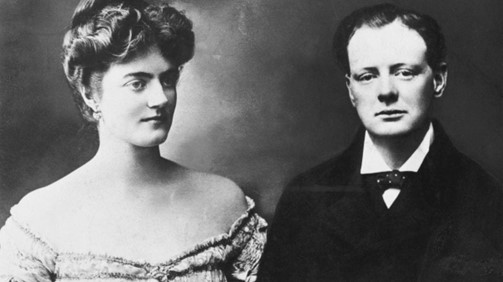
Clementine and Churchill had much in common. She was born to aristocratic parents, and during her younger years was very alone. Lady Blanche Hozier was her mother and Henry Montague Hozier, was her father. Both despised each other and both were just as unfaithful to one another.
Clementine’s father left her mother when Clementine was six years old and that plunged the family into poverty, not just financially, but socially as well. Her wealthy aunt had to welcome Clementine into being a debutante, as was society’s protocol during that period of history because Lady Blanche feared her bad reputation might harm her daughter’s chances of a happy future.
It wasn’t until four years later at a dinner party that Winston and Clementine saw each other again. After a few months of courtship, they were married in 1908.
Churchill said of his 56 years of marriage, “My ability to persuade my wife to marry me was quite my most brilliant achievement. Of course, it would have been impossible for any ordinary man to have got through what I had to go through in peace and war without the devoted aid of what we call, in England, one’s better half.”
Though the couple had their difference of opinion, Clementine showed up when Winston needed backing. When he hit the trenches of World War I to redeem himself due to a disastrous campaign in Gallipoli, she supported him. Little did he imagine how much he would need this woman who gave him confidence, assurance, and stability through the turbulent years that lay ahead of him.
“We shall defend our island, whatever the cost may be, we shall fight on the beaches, we shall fight on the landing grounds, we shall fight in the fields and in the streets, we shall fight in the hills; we shall never surrender.”
Don’t miss my next blog to learn when England’s greatest statesman fought in the trenches.
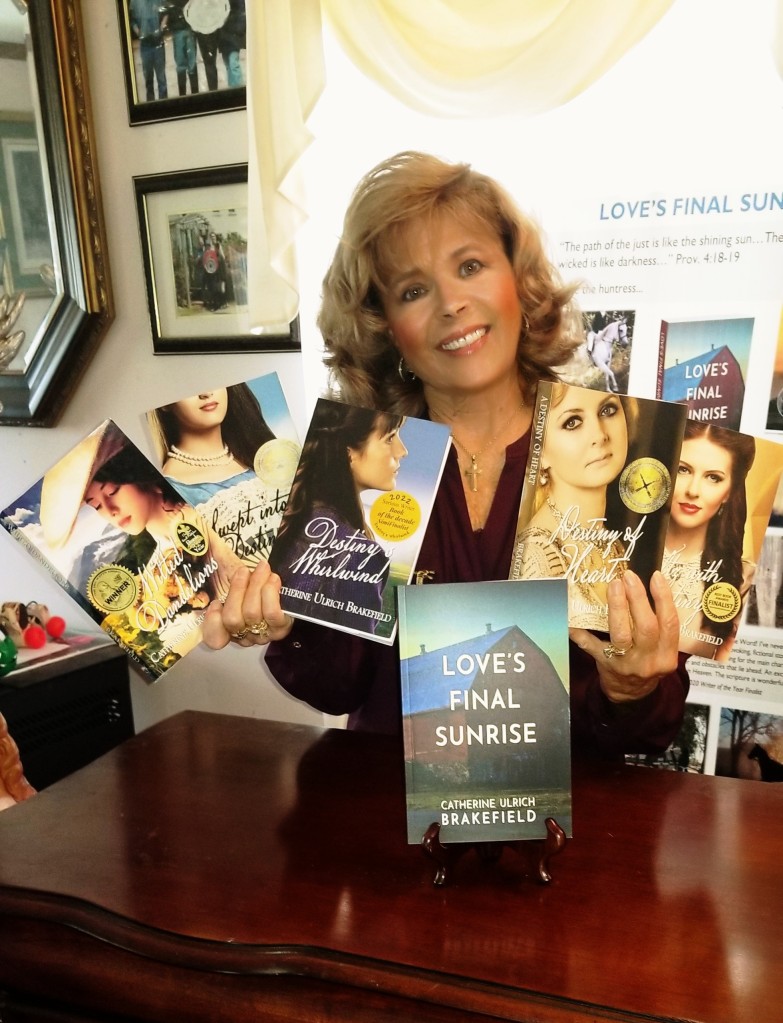
Swept into Destiny: Book 1: An Irish immigrant and a gutsy Southern belle find they are more alike than different. “…Brakefield writes a story with the same flourish as Margaret Mitchell and Louisa May Alcott… I would recommend this book to adults and teens who like to read a realistic story about history…” Daniel Lemond
Destiny’s Whirlwind: Book 2: A death-bed promise, a dashing Rough Rider, the parable of the sower take on unimaginable consequences as Ben’s daughter, Collina, fights to keep her father’s legacy of Shushan alive. “… if you’ve ever loved, then you’ll empathize with the feelings and events that unroll in this story!” Rick Barry

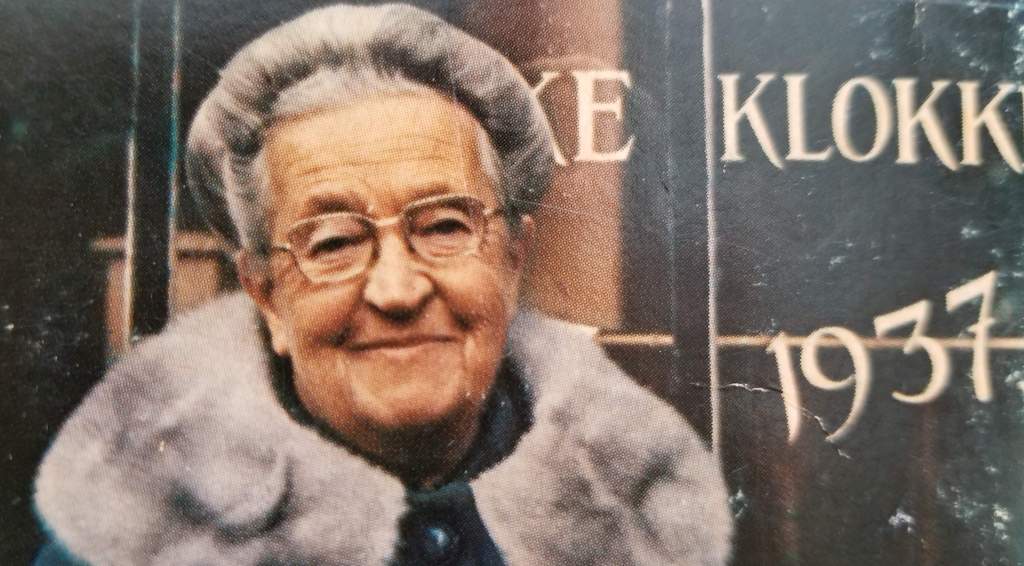
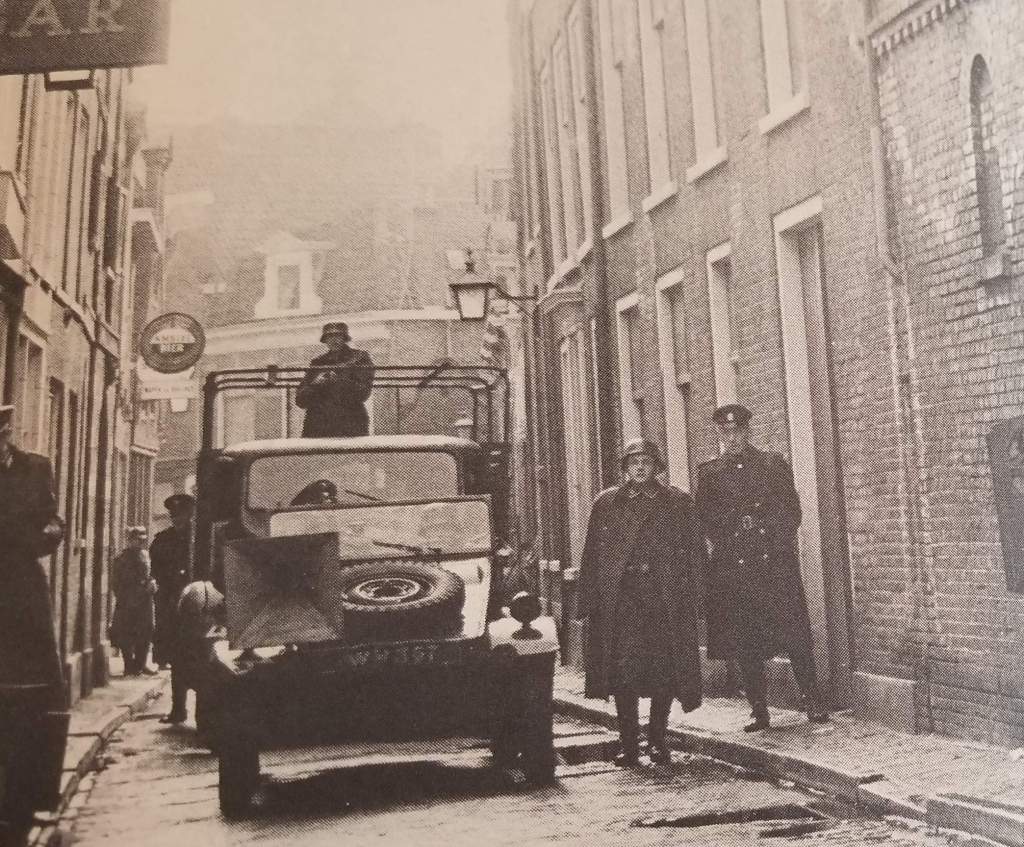
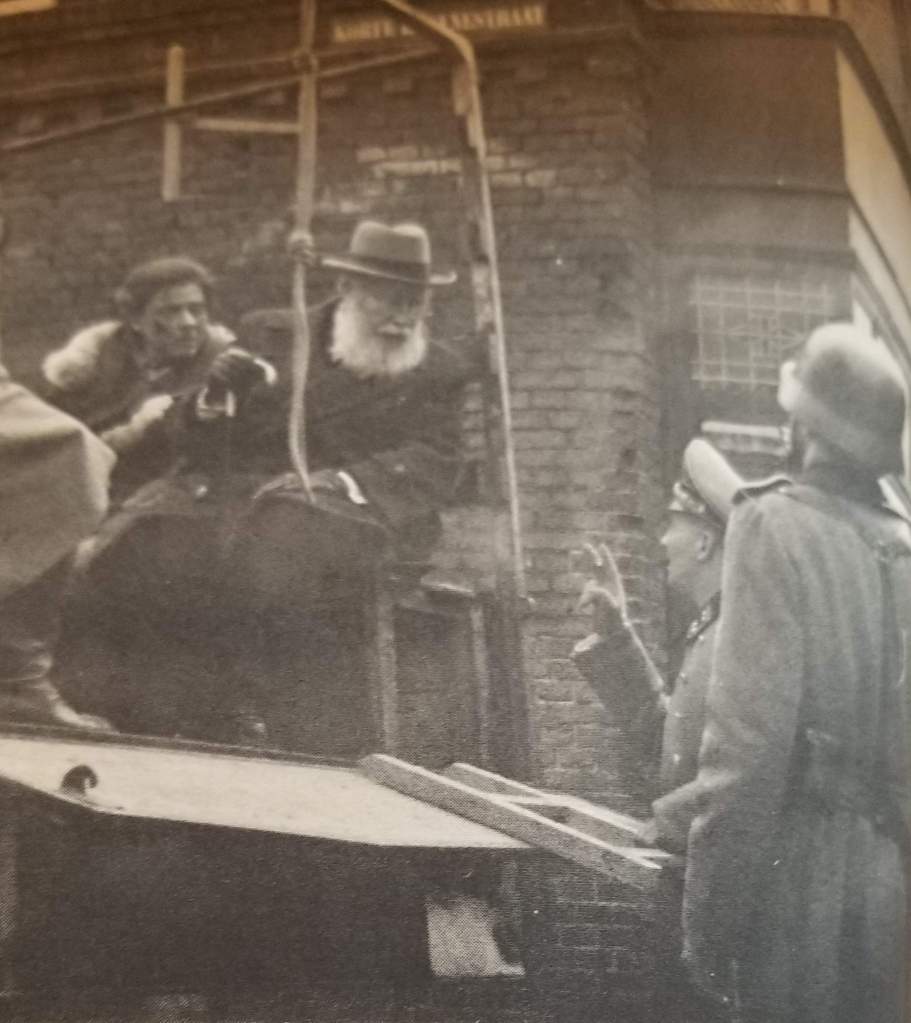
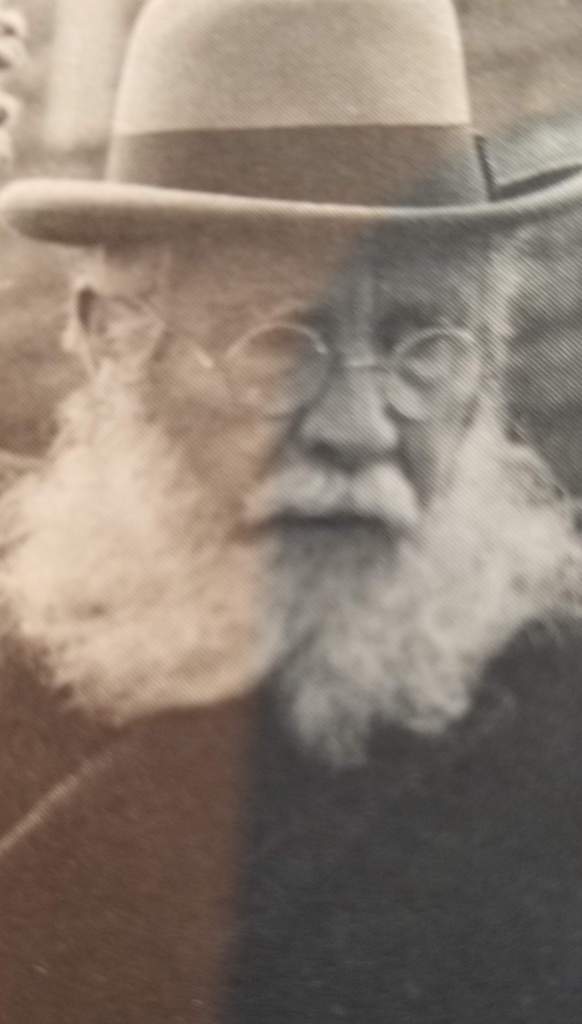
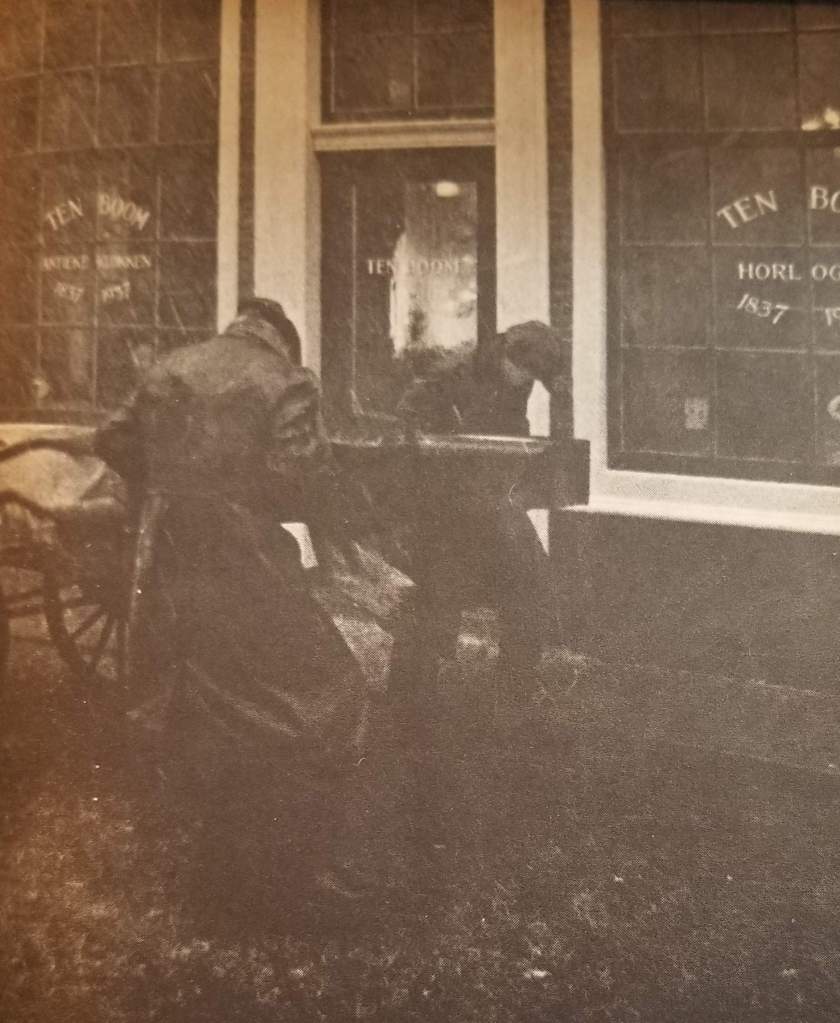
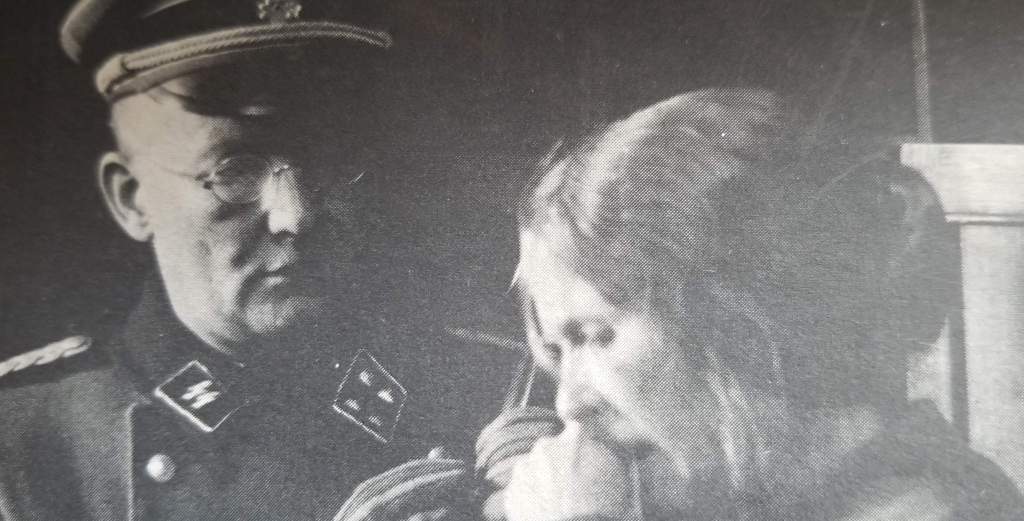
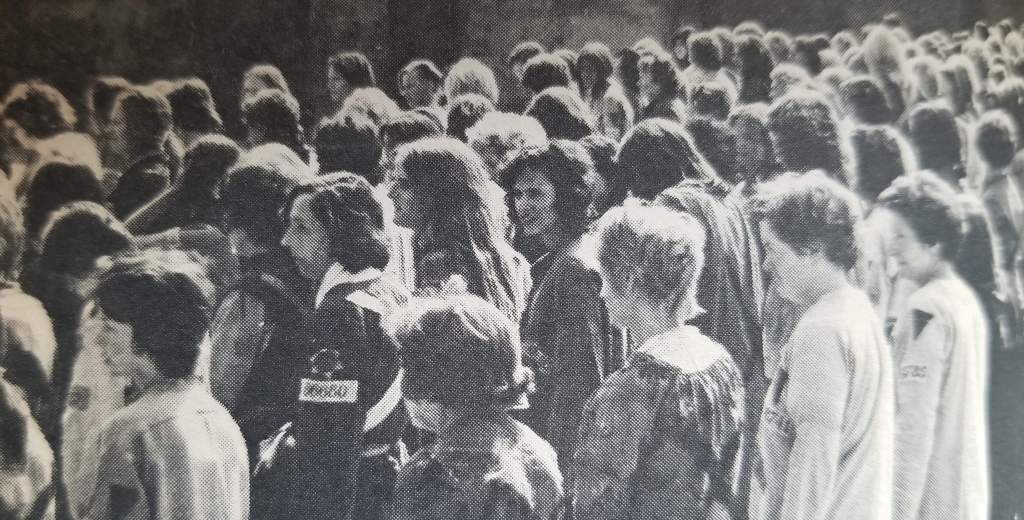
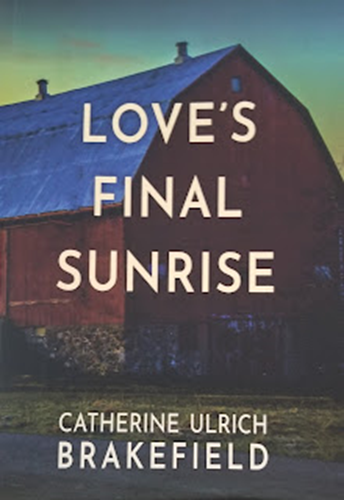
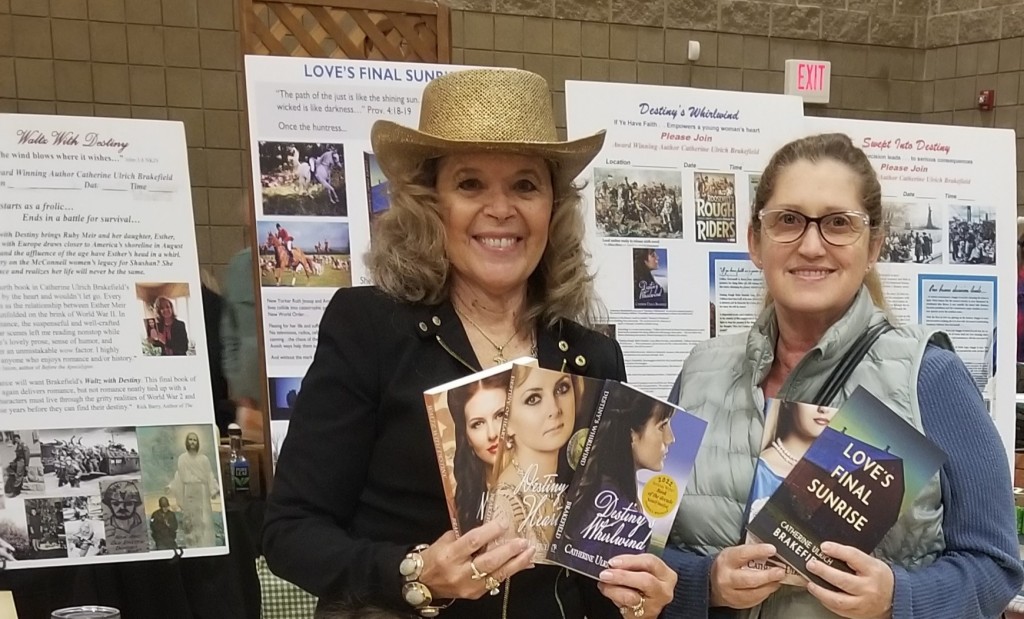
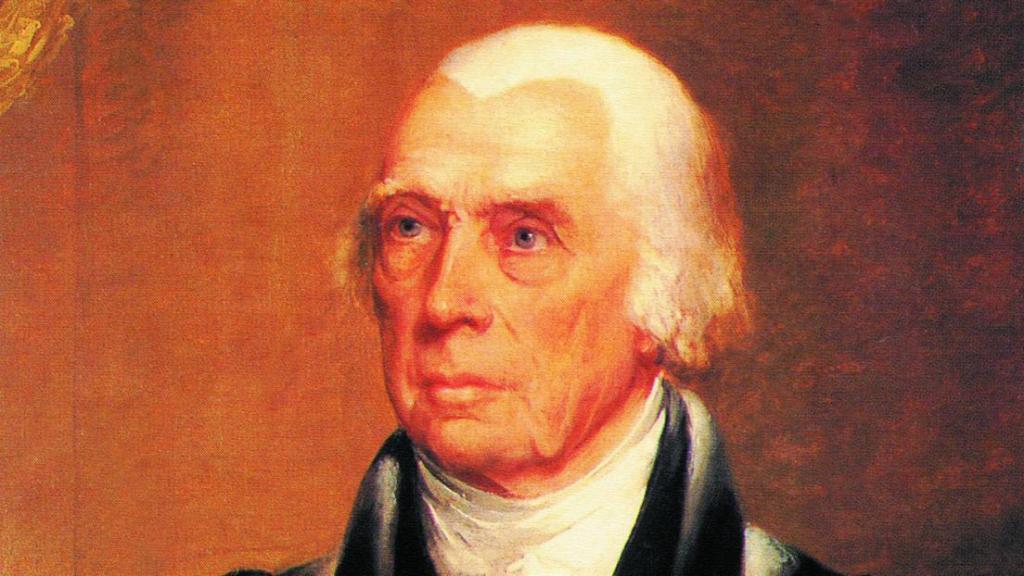
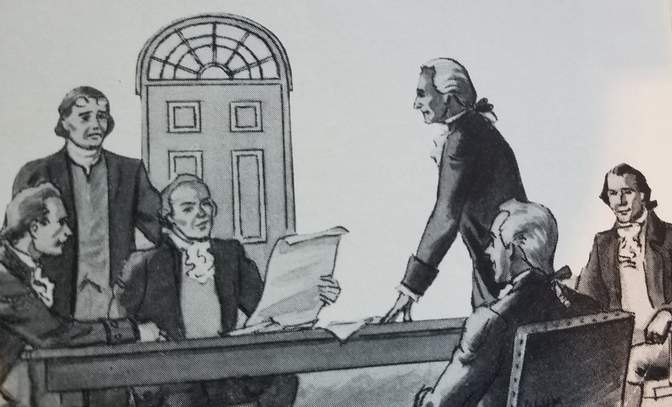
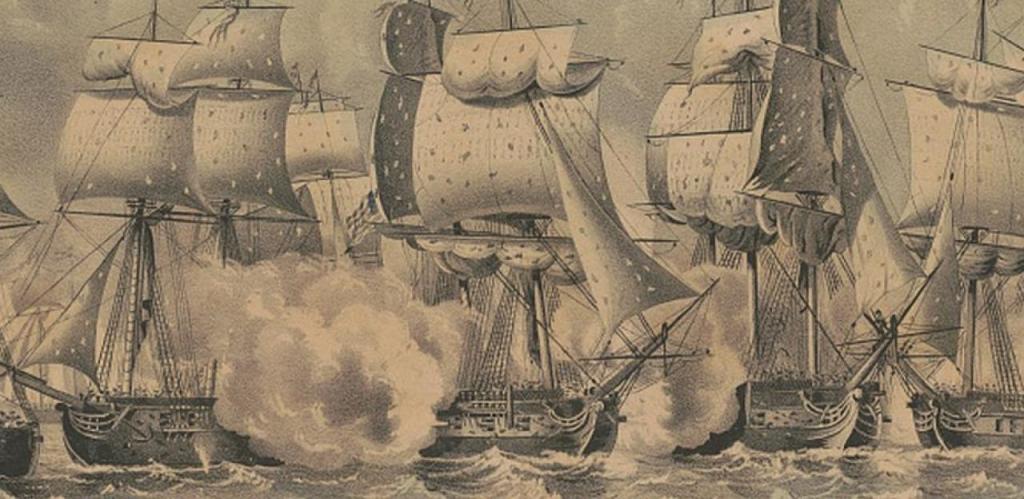
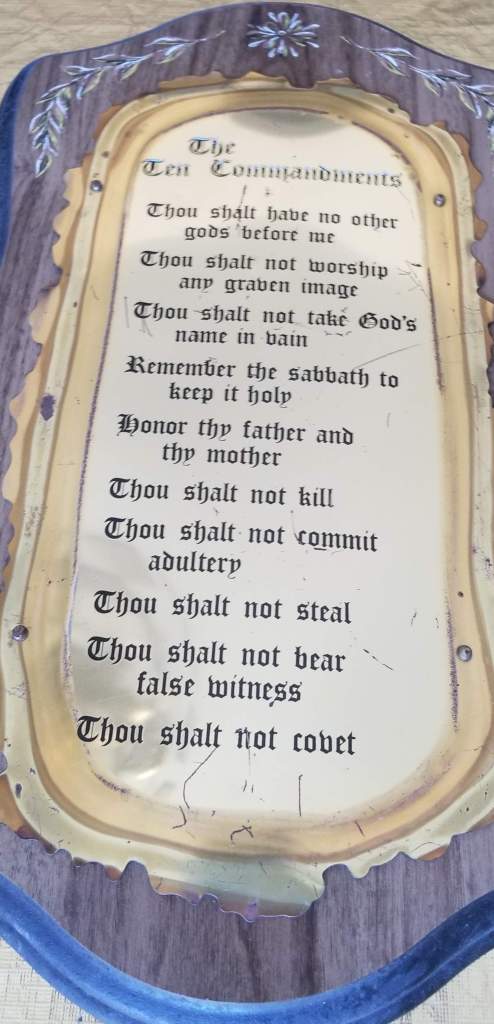
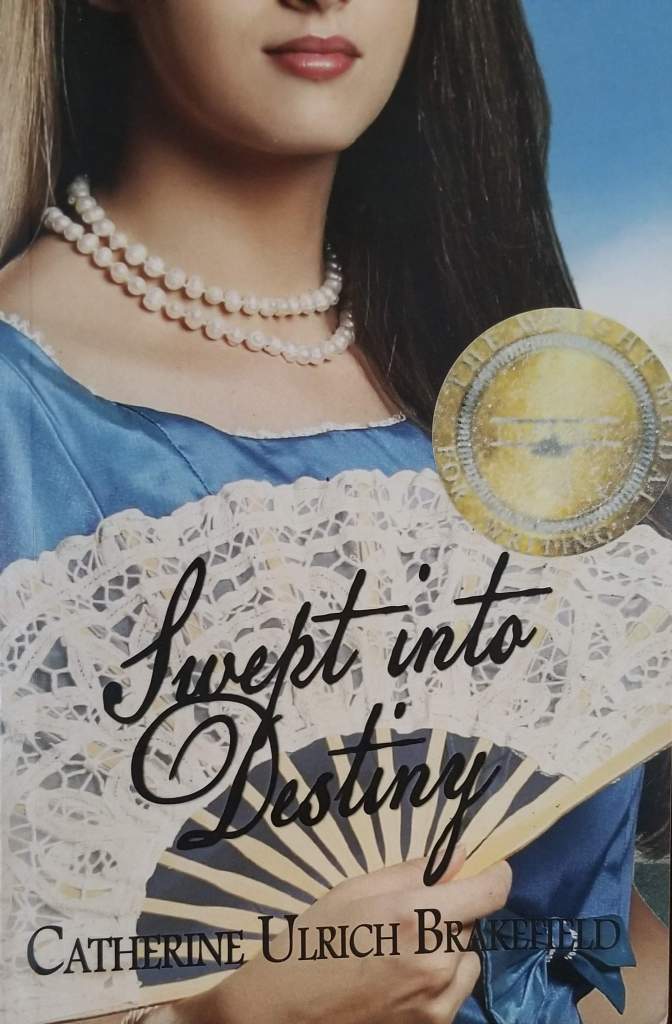
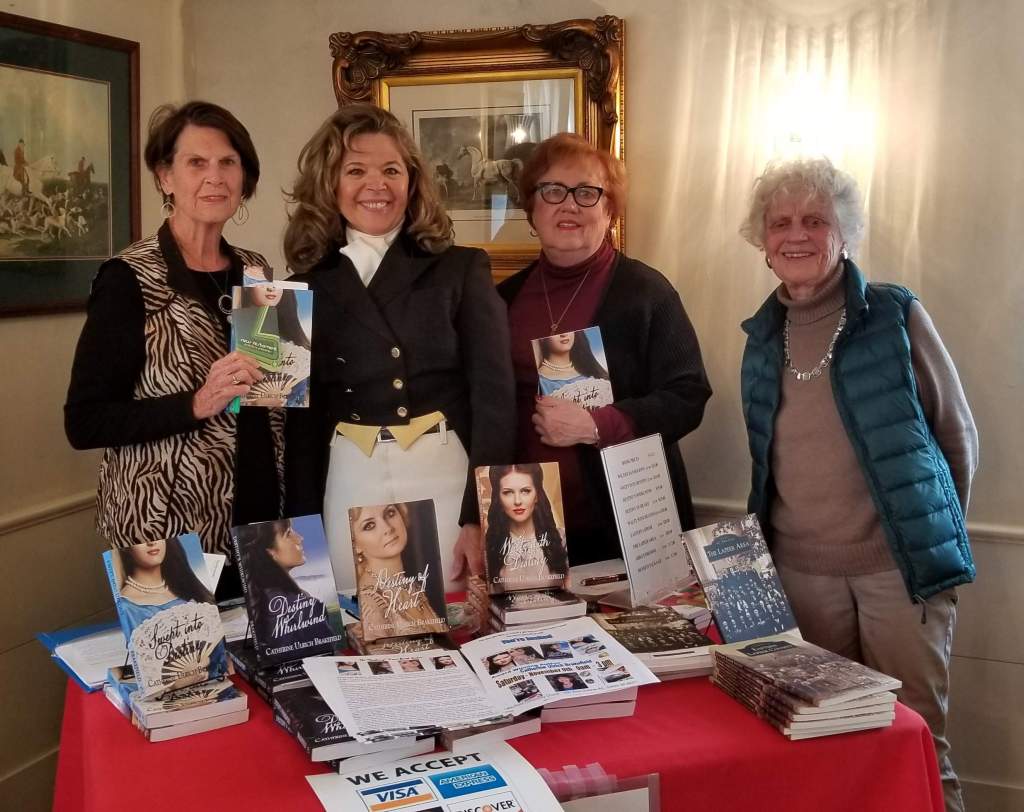
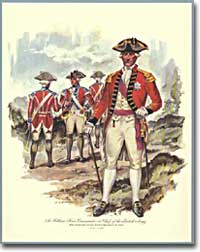

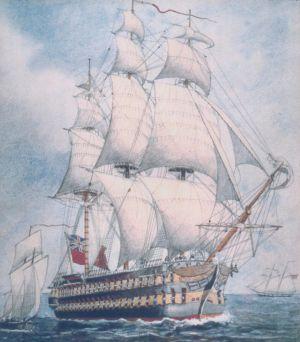
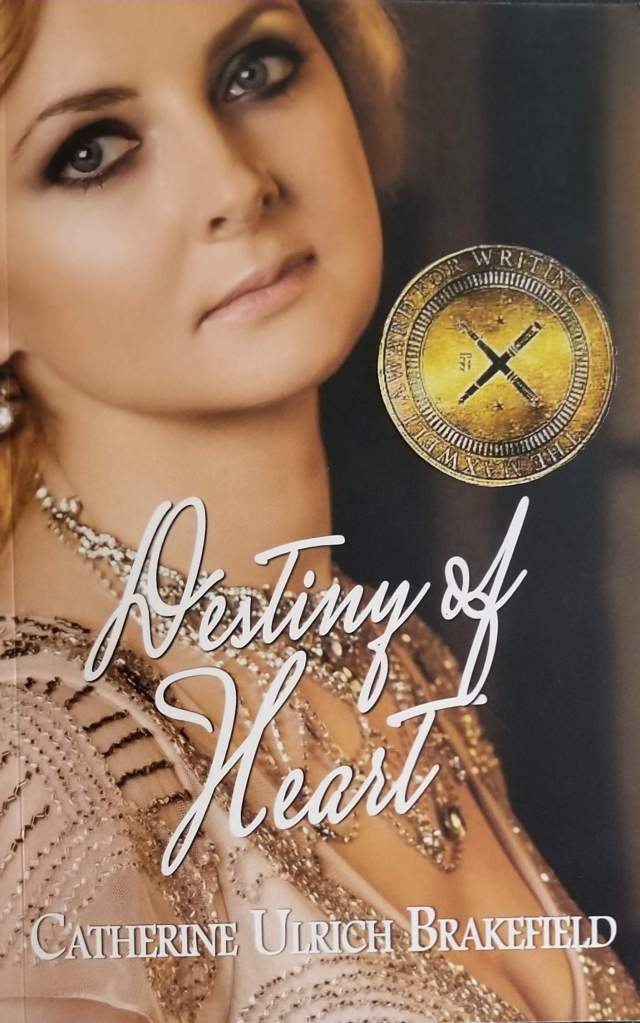
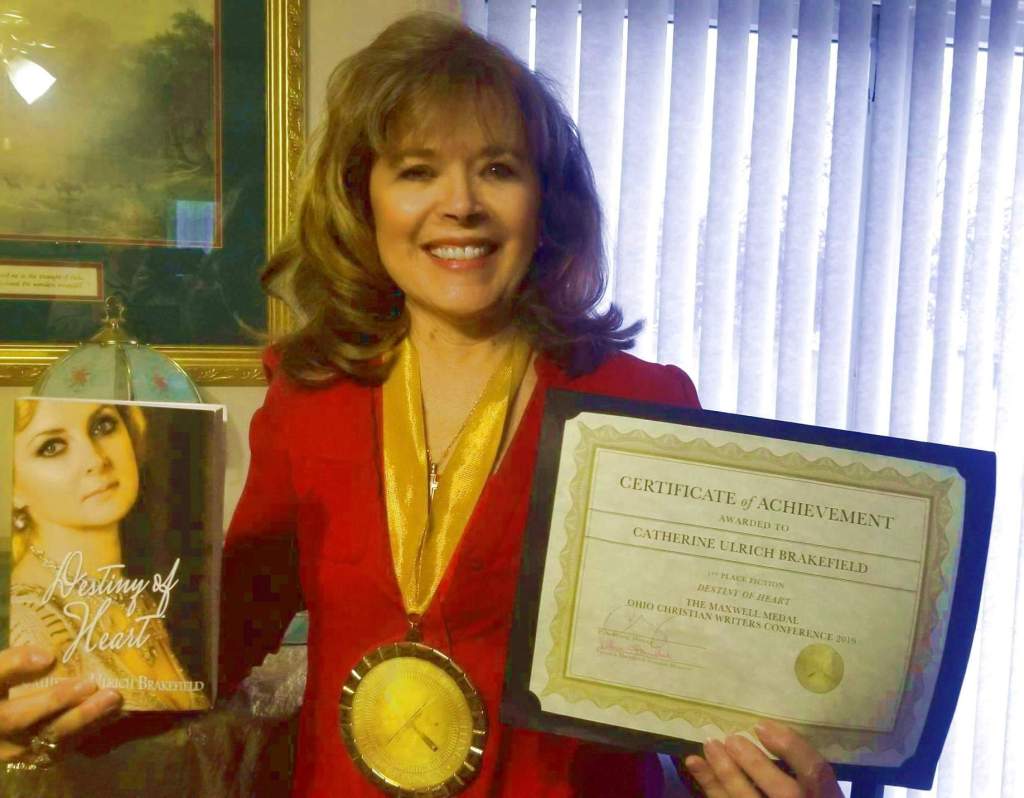
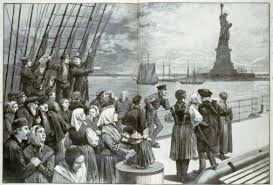
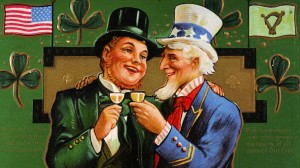
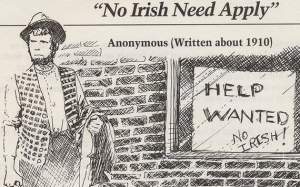
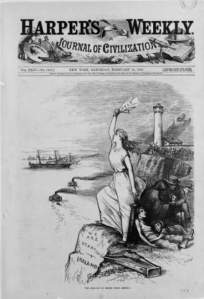
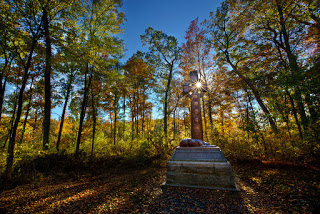
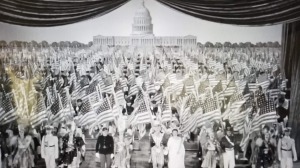
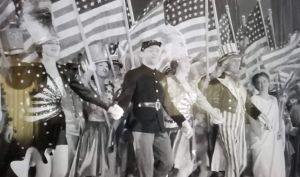
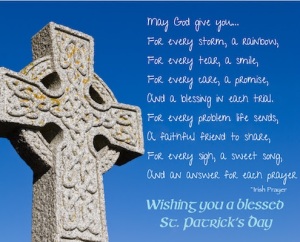
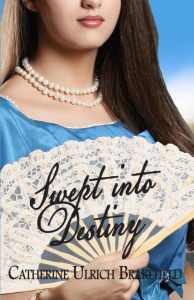
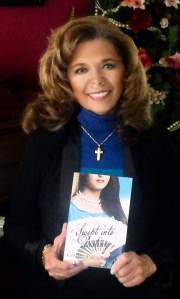



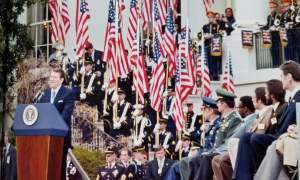
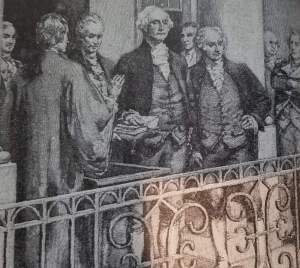
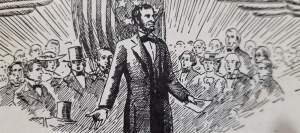
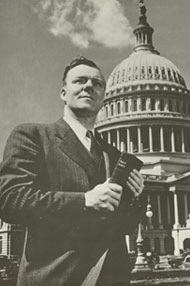
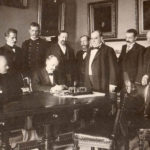


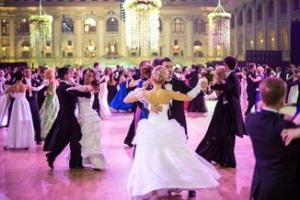
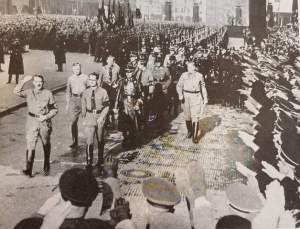
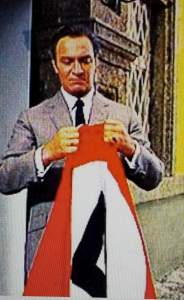
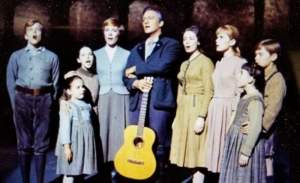
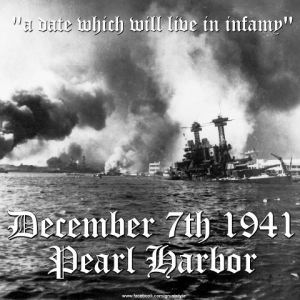
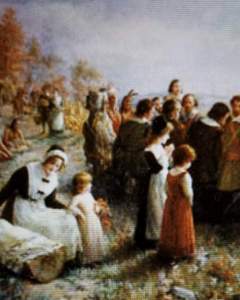
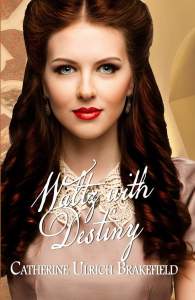

 See what my readers are saying about these books:
See what my readers are saying about these books: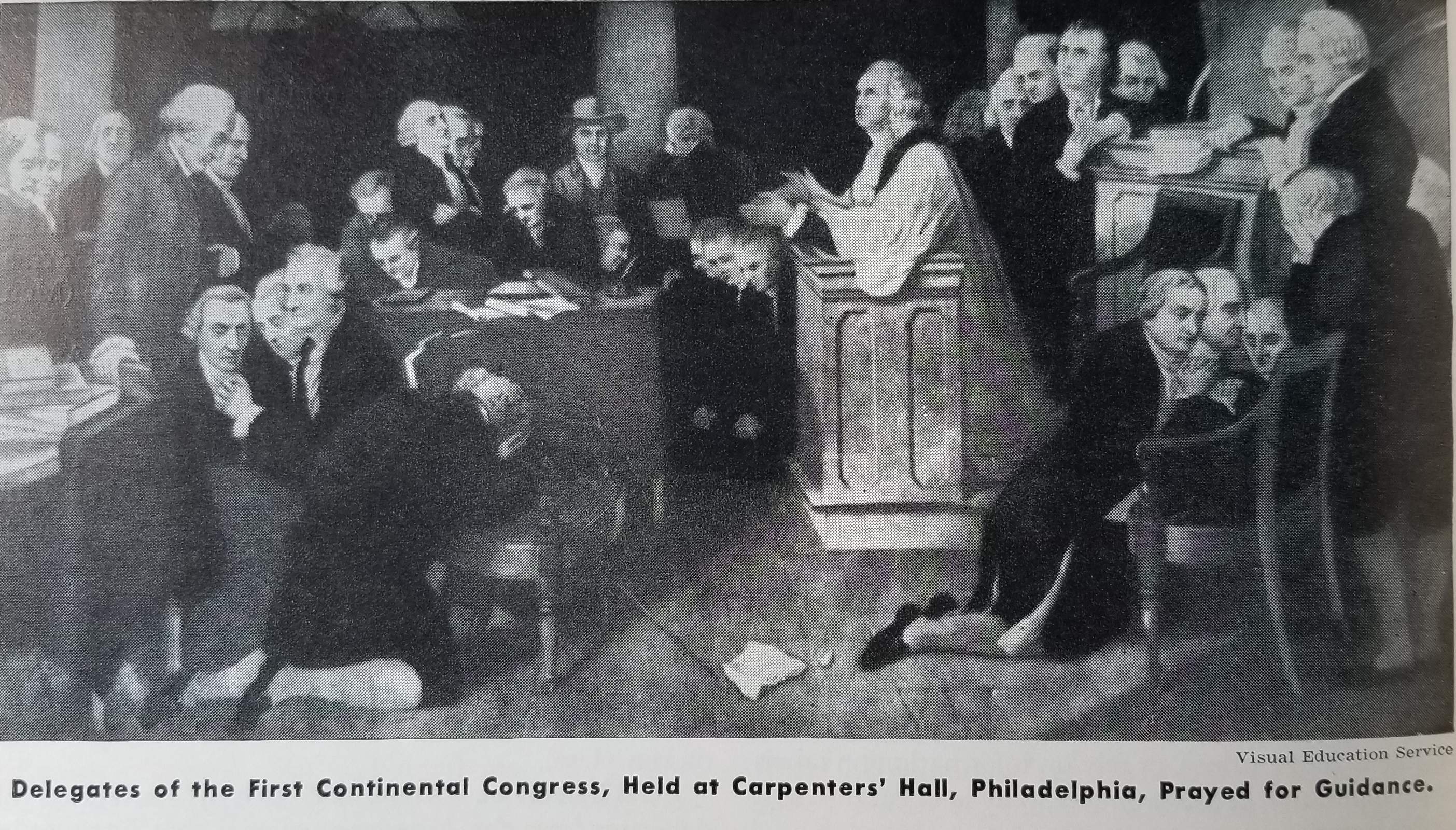
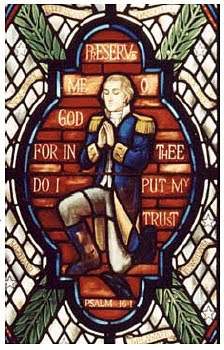
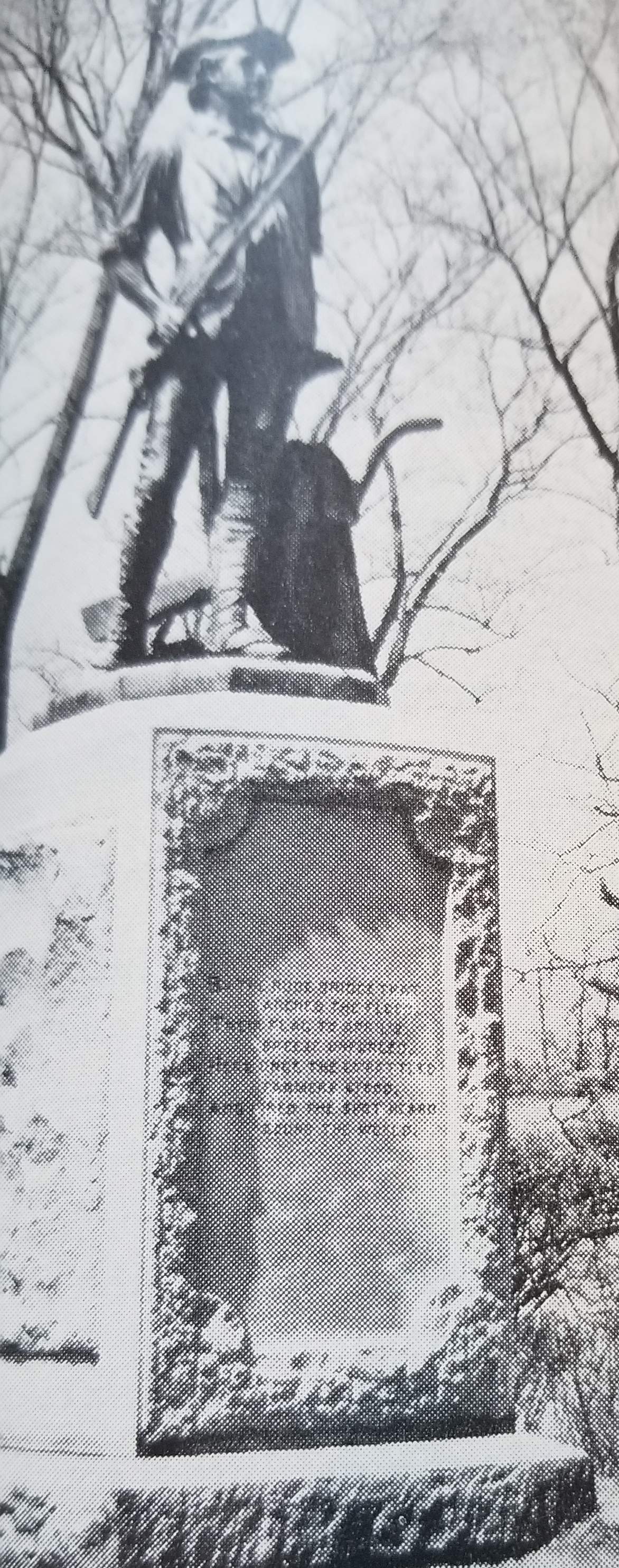 In the shadowed mist of the new dawn, about fifty Minutemen awaited the British regiment at Lexington. The surprised British officer ordered the farmers and merchants to lay down their arms and go back to their homes.
In the shadowed mist of the new dawn, about fifty Minutemen awaited the British regiment at Lexington. The surprised British officer ordered the farmers and merchants to lay down their arms and go back to their homes. The winter at Valley Forge nearly defeated Washington’s Continental Army. His starving and ragged band of soldiers had given all they had. Their well-dressed and well-fed opponent appeared undefeatable. What was George Washington to do? To whom could he turn to for aid?
The winter at Valley Forge nearly defeated Washington’s Continental Army. His starving and ragged band of soldiers had given all they had. Their well-dressed and well-fed opponent appeared undefeatable. What was George Washington to do? To whom could he turn to for aid?